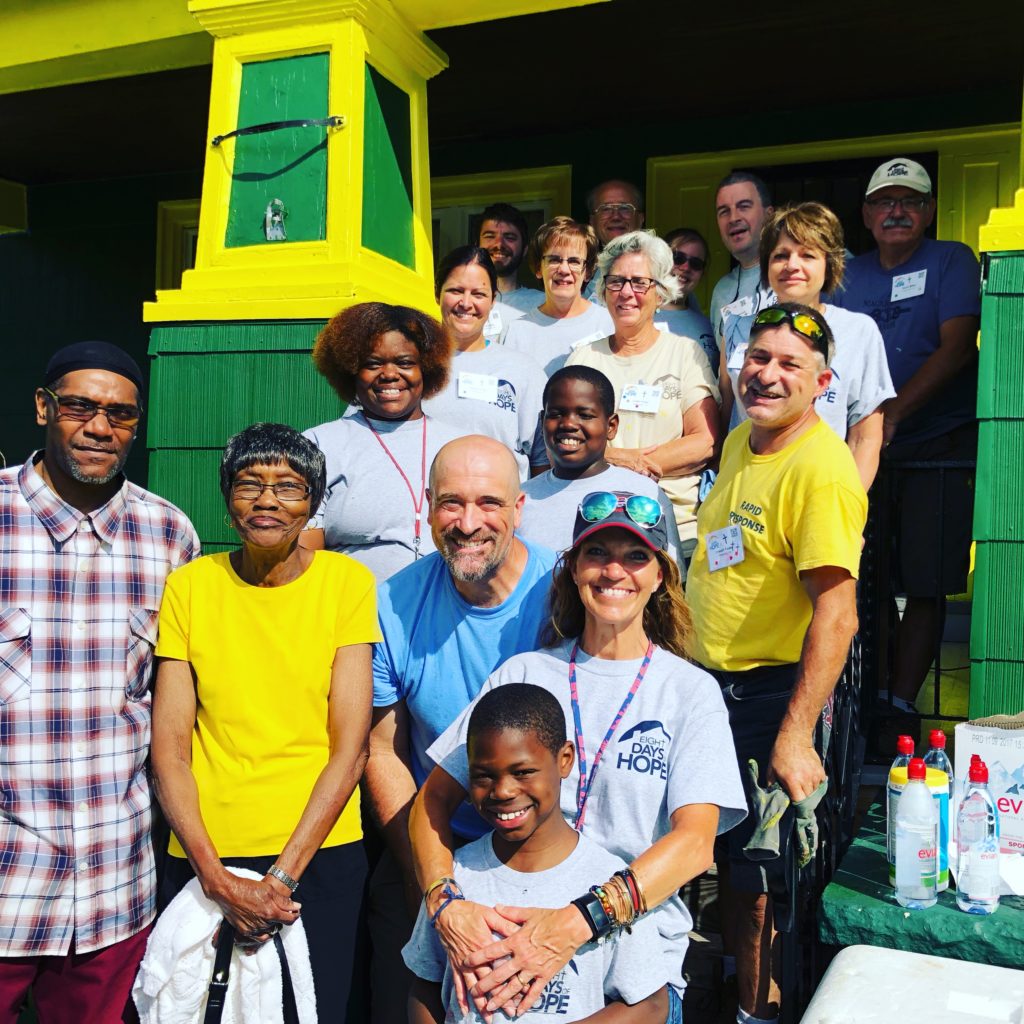Generosity is a quality that most people want to be around. It can be inspiring and heart warming to see genuine generosity. However, generosity is a heart issue, it’s what is happening in our heart that causes us to be generous.
Paul wrote most of the New Testament and he talks a good bit about generosity. in 2 Corinthians 8 and 9 he unpacks some amazing truths about what generosity is. Take a moment and reflect on these 11 truths and then ask yourself how generous you are? Where do you need to grow?
- Generosity is unrelated to income and wealth – You can be generous no matter what your economic status.
Out of the most severe trial, their overflowing joy and their extreme poverty welled up in rich generosity. 8:2
2. Generosity is never forced – it’s a choice we make everyday.
For I testify that they gave as much as they were able, and even beyond their ability. Entirely on their own. 8:3
3. Generosity cannot be contained! – When we are transformed to see as God sees, and care as God cares, we understand the honor we have in giving. Giving is contagious.
And they urgently pleaded with us for the privilege of sharing in this service to the Lord’s people. 8:4
4. Generosity is always focused first toward the Lord – When we give ourselves to the Lord, our hearts turn from selfish to generous.
And they did not do as we expected, but they gave themselves first to the Lord and then to us in keeping with God’s will. 8:5
5. Generosity is tangible evidence of our love for God – It is outward evidence of the inner change happening in us.
I am not commanding you, but I want to test the sincerity of your love by comparing it with the earnestness of others. 8:8
6. Generous people meet needs – God helps us to notice the needs around us and gives us the discernment to know how to best help those in need.
At the present time your plenty will supply what they need, so that in turn their plenty will supply what you need . . . “[He] who gathered much did not have too much, and the one who gathered little did not have too little.” 8:14-15
7. Generosity honors the Lord – It is an act of worship and brings glory to God.
What is more, he was chosen by the churches to accompany us as we carry the offering, which we administer in order to honor the Lord himself and to show our eagerness to help. 8:19
8. Real generosity is expressed cheerfully – It’s a joy to give. When we give we are a blessing to others and when we give we are blessed ourselves.
Each man should give what he has decided in his heart to give, not reluctantly or under compulsion, for God loves a cheerful giver. 9:7
9. Generosity is personal between us and God – It’s a personal choice to give, we should always pray about our giving and make plans to give.
Each man should give what he has decided in his heart to give, not reluctantly or under compulsion, for God loves a cheerful giver. 9:7
10. God provides the gift for the generous to give – God owns it all and supplies it all.
Now he who supplies seed to the sower and bread for food will also supply and increase your store of seed and will enlarge the harvest of your righteousness. 11 You will be enriched in every way so that you can be generous . . . 9:10–11
11. Expressed generosity moves others closer to God – Our giving impacts people in ways only God really sees.
So that you can be generous…and through us your generosity will result in thanksgiving to God. 12 This service that you perform is not only supplying the needs of the Lord’s people but is also overflowing in many expressions of thanks to God. 13 Because of the service by which you have proved yourselves, others will praise God for the obedience that accompanies your confession of the gospel of Christ, and for your generosity . . . 9:11–13


